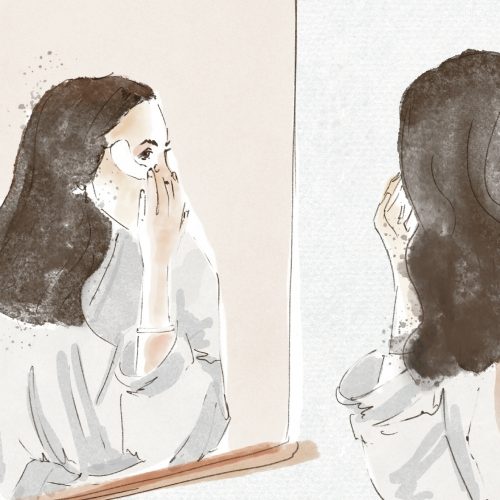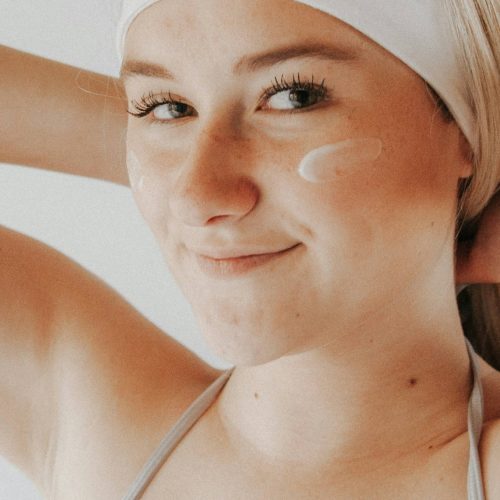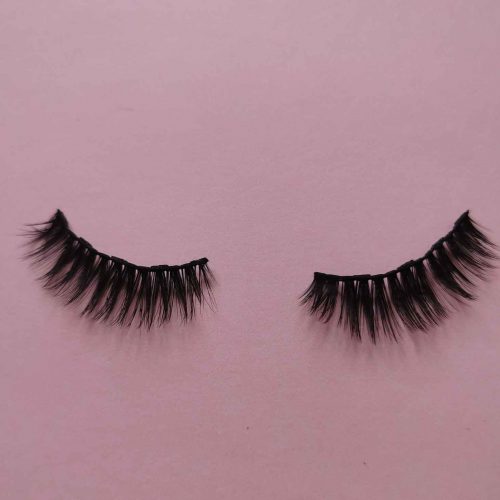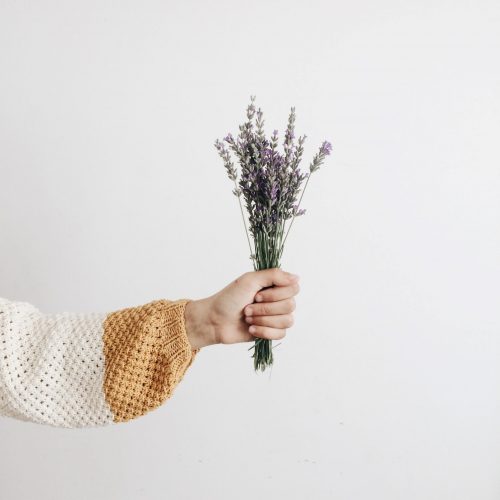Breaking the Gender Stigma in the Beauty Industry
Globally, the number of men who enjoy beauty routines is increased in the last couple of years. In 2019, the men's personal care market worldwide valued at 7.5 billion US dollars and was forecast to reach 10.1 billion US dollars by 2021. There's growing movement in a bid to alter the way men perceive beauty—skincare and makeup—and they are taking a stand that beauty doesn't have to be gender-specific.
Women have dominated the beauty industry, even though men have been wearing makeup for centuries when we look at history. In the ancient Egyptian culture, in 4000 BCE, men used black pigment to create cat-eye designs to attest masculinity—dramatic eyeliner worn to show wealth and status. Meanwhile, green eye shadow was believed to evoke their gods, Horus and Ra. And let's not forget the ghost-white powdered skin during Queen Elizabeth I era; makeup was trendy among male.
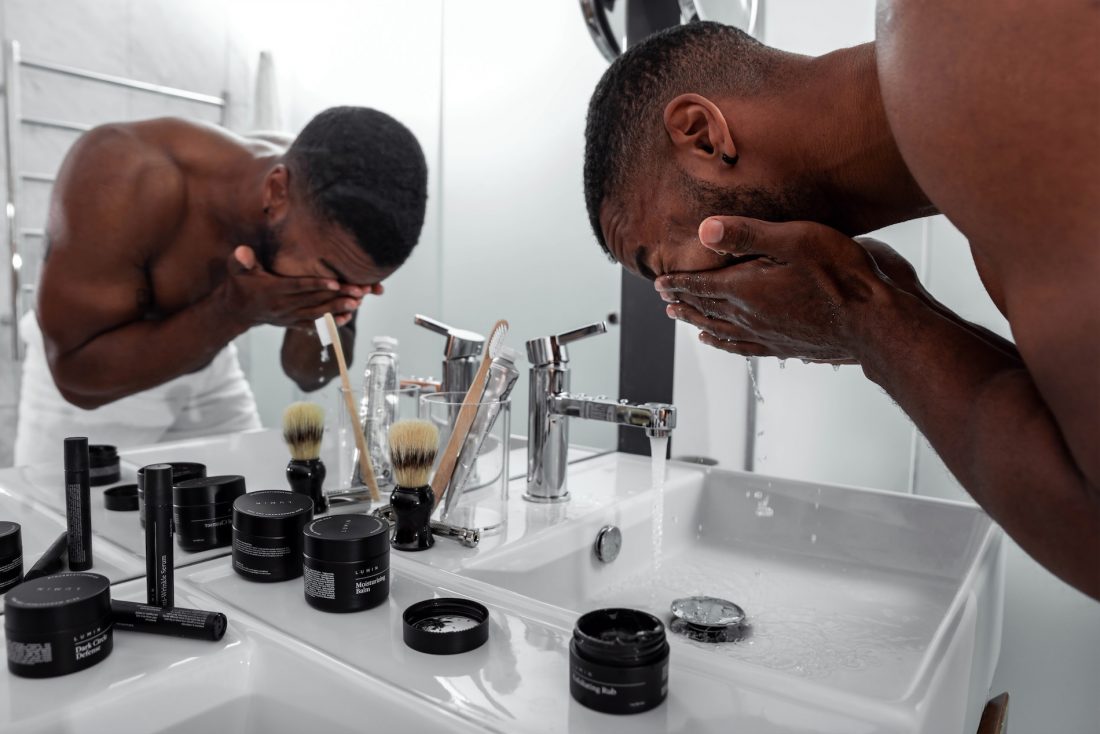
THE ROLE OF SOCIAL MEDIA
Thanks to social media and the emergence of male beauty influencers, beauty care and makeup are becoming more gender-neutral and less stigmatized. Bretman Rock and James Charles are two top social media influencer who embrace their passion for cosmetics and have millions of followers and a bundle of brand collaborations. They have successfully created an authentic persona and became inspirational figures that provide a new interpretation of the audience's perception of fluidity and self-image.
Although most men don't necessarily apply makeup to large extends, they have found a way to use it organically, for instance, using bronzers, foundation and concealer to clear up imperfections. Gender-neutral ad campaigns like Milk makeup calls on us to stop gendering beauty products and label them as feminine.
ULZZANG SUBCULTURE
We cannot talk about male beauty without mentioning South Korea. This country has long embraced beauty products—both female and male. According to the data the South Korean beauty industry market is thriving and becoming one of the fastest-growing consumer markets globally. The beauty and personal care market's revenue reaches 11.96 million US dollars in 2021. Many male K-pop stars keep challenging the beauty stigma and looking great while doing it, which encourages and opens up possibilities for men on the street to do the same. They redefine masculinity.
Like in the ancient Egypt era, South Korean men are familiar with eyeliner and eyeshadow and further consider skincare as their daily routine. Ulzzang, or can be translated as "good-looking" or "best face," is a youth subculture that has become mainstream with many followers. Ulzzang describes as cute, pretty, with large eyes, long lashes and translucent skin. Soft masculinity or flowers boy has surfaced in many Korean men, and it changes their attitude and idea how to look good that influence the world.
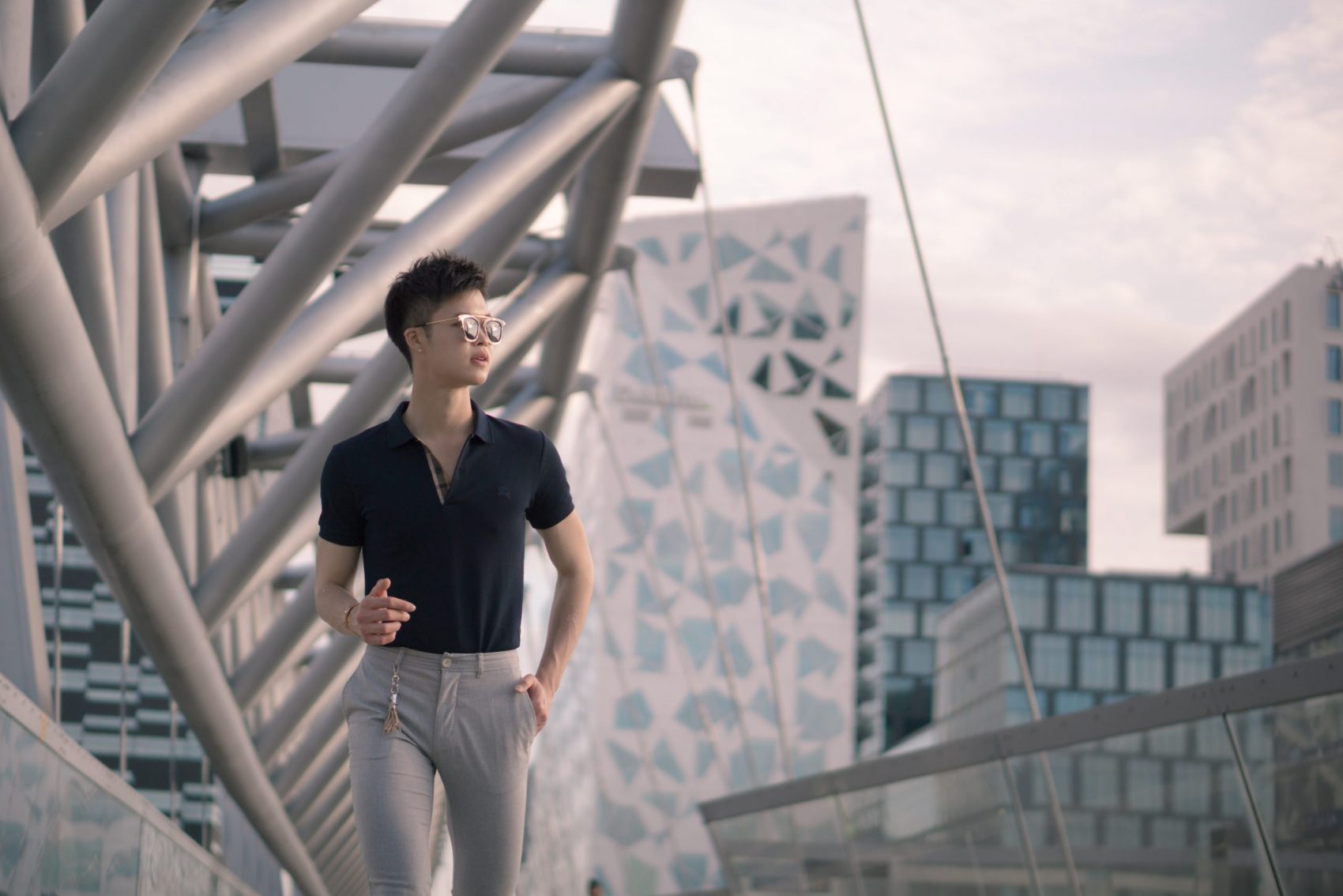
Ulzzang redefines masculinity
BEAUTY BRANDS RESPONSE
South Korea is a trailblazer in male's beauty culture, and they have a makeup look and range solely for men that's completely different from women. Western brands are following the suit. In 2018, Chanel released Boy de Chanel, its first cosmetics range for men. The line features eight shades of tinted foundation, a two-in-one brow pencil and brush, and a transparent matte lip balm. The rest were L'Oréal, M.A.C, Tom Ford Beauty, Yves Saint Laurent, Shiseido and Estée Lauder. Fenti skin was the recent beauty brand that embraces gender inclusivity and, of course, Milk Makeup and Elemis, which encourage people to change how beauty and gender are perceived.

+ Words: Alvia Zuhadmono, Luxiders Magazine
Sustainable communication student | Sweden-based writer
Connect with her through LinkedIn

